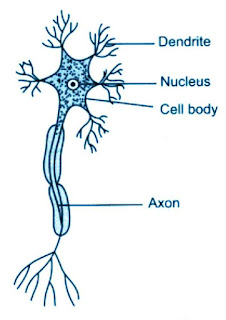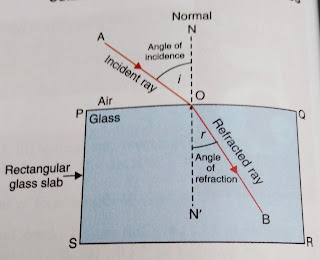Electricity Class 10
Electricity Class 10
CBSE Electricity class 10 Physics important question solution, sample paper, MCQ chapter-wise for SA SAII for 2017,18,19
Name different type of electric charge?
Ans: Positive charge and negative charge.
When glass rod rubbed by silk cloth, which type of electric-charge get by glass rod?
Ans: Positive charge.
When ebonite rod rubbed by woollen cloth which type of electric charge get by ebonite rod?
Ans: Negative charge.
Write two important properties of electric charge?
Ans: Unlike charges attract each other.
Like charges repel each other.
What happens when like charges brings closer?
Ans: They repel each other.
What happens when unlike charges brings closer?
Ans: They attract each other.
Write the SI unit of electric charge.
Ans: Coulomb (C).
Define: one coulomb.
Ans: One coulomb is the quantity of electric charge which exerts a force of 9* 10^9 newtons on an equal charge placed at a distance of 1 metre from it.
Write the magnitude of the charge of a (i) proton (ii) electron.
Ans: electron = (-1.6 * 10^-19) coulomb
Proton = (1.6 * 10^-19) coulomb.
How much electron contain charge equal to i coulomb?
Ans: No of electron = 6.25 * 10^18
On basis of electric conductance, divide substances.
Ans: Conductor and insulator.
Define: Conductor. Give example.
Ans: The substance through electricity can flow are called conductor. Such as all metal like silver, copper, aluminium etc.
What is electricity?
Answer: Rate of flow of electron through conductor is call electricity.
Name some alloy which conduct electricity.
Answer: nichrome, manganin.
Name a non-metal which conduct electricity.
Answer: Graphite.
Which one good conductor [alloy / metal]
Answer: Pure metal is a good conductor.
Define: Insulators. Give example.
Answer: The substance through electricity can not flow is called insulator. Such as wood, cotton, mica, bakelite etc..
Name the main factor due to which conductor conduct electricity.
Answer: Free electron.
Why is conductor conduct electricity?
Answer: Because they contain free electron which helps in carry charge. As a result electricity flow.
Electricity Class 10
Why are insulators do not conduct electricity?
Answer: Because they do not contain free electron.
Name different type of electricity.
Answer: (i) Static electricity (ii) Current electricity.
Write the main difference between static electricity and current electricity?
Answer: Static electricity confined at a place and current electricity can flow.
Define: Electric potential.
Answer: Electric potential ( or potential) at a point in an electric field is defined as the work done in moving a unit positive charge from infinity to that point.
Write the SI unit of electric potential or Potential.
Answer: Volt.
Define: 1 volt.
Answer: A potential of 1 volt at a point means that 1 joule of work is done in moving 1 coulomb of positive charge from infinity to that point.
Define: Potential difference:
Answer: The potential difference between two points in an electric circuit is defined as the amount of work done in moving a unit positive charge from one point to the other point.
Writhe the SI unit of potential difference.
Answer: Volt.
28. Name the device by which potential difference is measure.
Answer: Voltmeter.
How do voltmeter connected to a electric circuit?
Answer: Parallel connection.
Electricity Class 10

